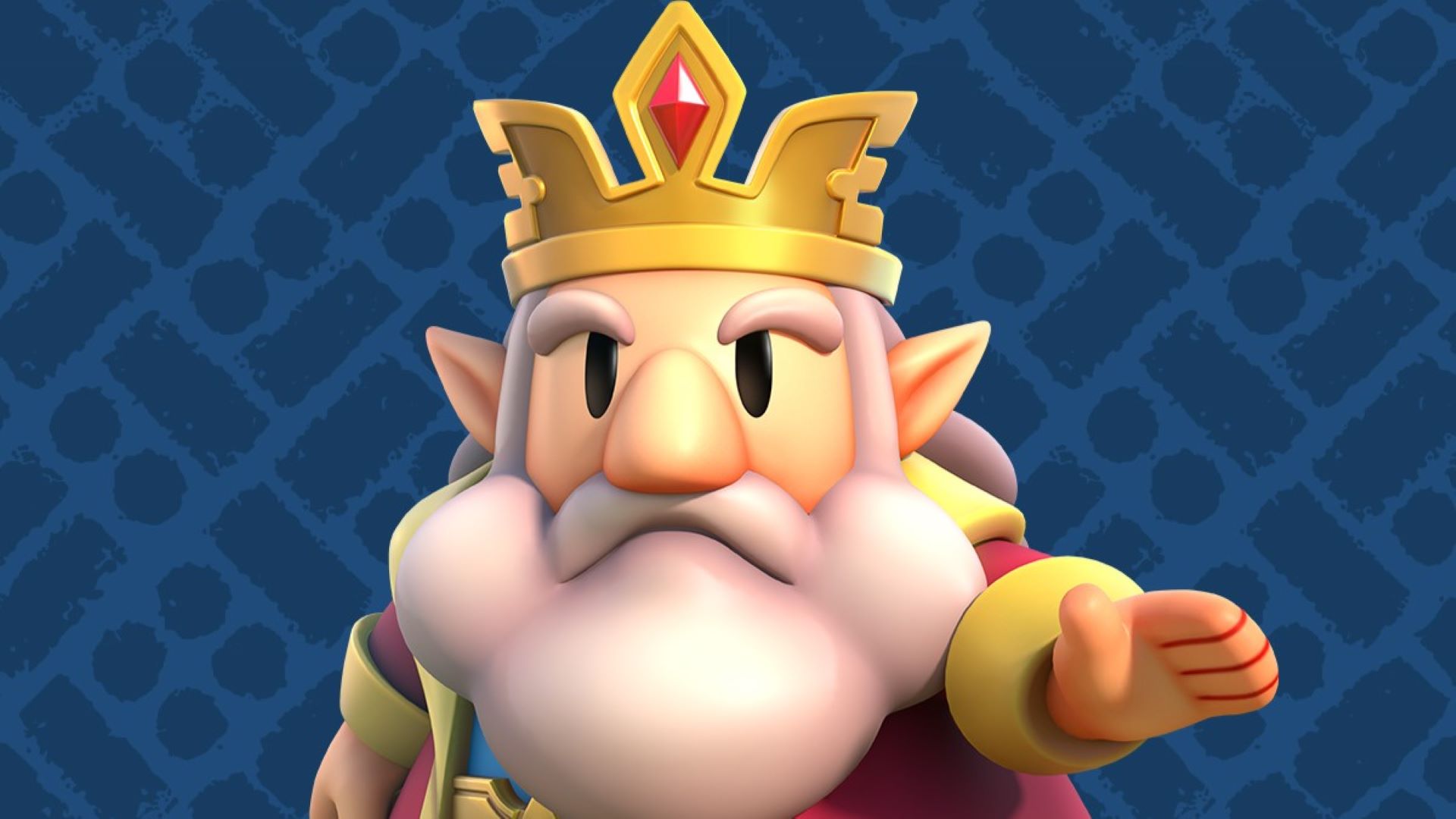- Published on
Zelda: Echoes of Wisdom was a 'dungeon creation' game until Eiji Aonuma flipped the table a year in – 'I was right next to them thinking of something different'
The Legend of Zelda: Echoes of Wisdom initially featured a dungeon creation system before series producer Eiji Aonuma suggested shifting focus to summoning echoes, objects and creatures that can be copied and pasted, a year into development.

Nintendo has revealed that The Legend of Zelda: Echoes of Wisdom was originally meant to let you create your own dungeons until series producer Eiji Aonuma decided on a change of direction a year into development.
Nintendo asked Grezzo, the same studio which previously developed the Link's Awakening remake, to have its developers pitch their ideas for a new Legend of Zelda game, as Aonuma explains in the latest Ask the Developer interview. "More specifically," Aonuma says, "we asked Grezzo, 'If you were to make the next new game, what kind of game would you like it to be?' We had the opportunity to hear ideas from members of Grezzo, which they came up with freely and proposed."
The idea that ended up taking off in the early stages was one that let you make your own dungeons. In this version, "Link could copy and paste various objects, such as doors and candlesticks, to create original dungeons," Satoshi Terada, the game's director at Grezzo, explains. "During this exploration phase, this idea was called an 'edit dungeon' because players could create their own Legend of Zelda gameplay."
A pretty similar concept was first introduced in the Link's Awakening remake, which had its own rudimentary dungeon creation tools. Fans have been demanding something like a 'Zelda Maker' for ages, but it doesn't sound like this concept would've been much like the creation- and sharing-focused Super Mario Maker.
Instead, it sounds like the customizable dungeons would've been part of a more traditional Zelda adventure. "The 'edit dungeon' concept involved copying various things during your adventure out on the game field, then bringing them back to create a dungeon in a dedicated place," Tomomi Sano, the game's director at Nintendo, explains.
"They showed it to me and told me to give it a try," Aonuma says. "As I played, I started thinking that while it's fun to create your own dungeon and let other people play it, it's also not so bad to place items that can be copied and pasted in the game field, and create gameplay where they can be used to fight enemies." That's how echoes - objects and creatures you can summon at will - came to be the focus of the final game.
But it took around a year for Aonuma to suggest pivoting away from the dungeon-making concept. "Everyone else was developing the game with dungeon creation in mind, but I was right next to them thinking of something different. (Laughs) But there's a reason it took a year to upend the tea table," evoking Shigeru Miyamoto's now-infamous habit of demanding big changes to a game in the middle of development.
"After all, you can't really see the potential for ideas to develop into solid gameplay until you can verify features and their feel, so I wanted them to try making it first," Aonuma explains. "I felt that the 'edit dungeon' feature they showed me had significant potential to be developed into a new way of playing the Legend of Zelda games if the gameplay was changed to use 'echoes' instead. So, I thought it would be good to expand in that direction and could be even more interesting that way."
"Of course, creating dungeons was fun," Sano says, "but being able to copy various objects and use them in different places was even more fun."